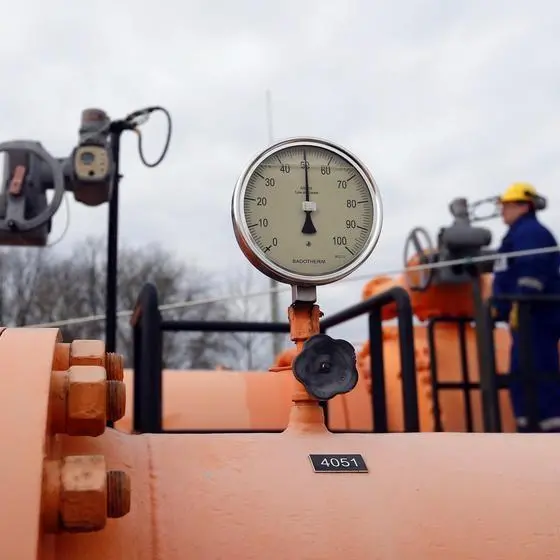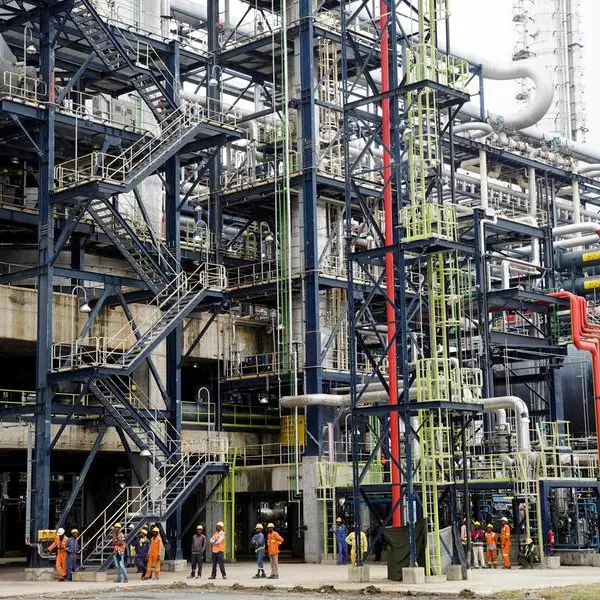PHOTO
LONDON - The International Energy Agency (IEA) said on Thursday economic headwinds combined with record sales of electric vehicles will reduce global oil demand growth to 650,000 barrels per day for the remainder of 2025.
That marks a slowdown from the 990,000 bpd the IEA measured for demand growth over January-March.
"Increased trade uncertainty is expected to weigh on the world economy and, by extension, oil demand," the IEA said in its May oil market report.
The IEA now expects global demand growth to average 740,000 bpd overall this year, an upward revision of 20,000 bpd on the month because of higher expected economic growth and lower oil prices supporting consumption.
It sees demand growth then averaging a similar 760,000 bpd in 2026.
The Paris-based watchdog hiked its supply growth forecast by almost 400,000 bpd on the month to 1.6 million bpd in 2025 as expectations of higher output from Saudi Arabia offset a predicted slowdown in U.S. shale oil output in a lower oil price environment.
Saudi Arabia accounts for almost all of the hike in the IEA's 2025 supply growth forecast, the IEA said, as it is the only country with room to add barrels back to the market based on current production levels.
The OPEC+ group agreed a second monthly accelerated output increase for June at its last meeting.
"Based on continued price weakness, we expect more activity cuts over the coming quarters," the IEA said of U.S. shale, having cut its U.S. shale forecast by 40,000 bpd for 2025 and 190,000 bpd for 2026.
In its own monthly oil report on Wednesday, the Organisation of Petroleum Exporting Countries (OPEC) trimmed its forecast for oil supply growth from the U.S. and other producers outside the wider OPEC+ group for 2025.
A sharp rise in supply, considerably outpacing demand growth, will force oil storage levels higher by an average of 720,000 bpd this year, the IEA said, after stocks declined on average by 140,000 bpd last year.
(Reporting by Robert Harvey and Alex Lawler in London; Editing by Tomasz Janowski and Jan Harvey)





















